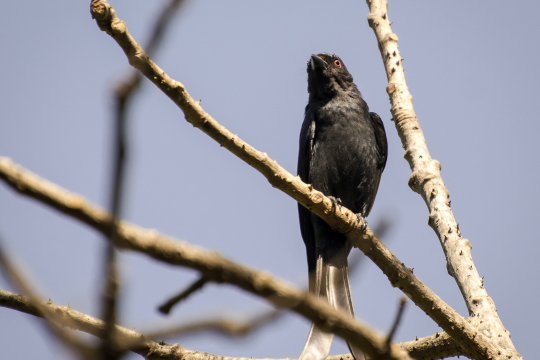AbstractWe investigate the behavioural responses of natural common-pool resource users to three policy interventions—sanctioned quotas, information provisioning, and a combination of both. We focus on situations in which users find utility in multiple resources (pastures and wild animal stocks) that all stem from the same ecosystem with complex dynamics, and management could trigger a regime shift, drastically altering resource regrowth. We performed a framed field experiment with 384 villagers from communities managing common-pool wildlife in Zimbabwe. We find that user groups are likely to manage these natural resources more efficiently when facing a policy intervention (either a sanctioned quota, receiving information about a drastic drop in the stocks’ regrowth below a threshold, or a combination of both), compared to groups facing no intervention. A sanctioned quota is likely to perform better than providing information about the existence of a threshold. However, having information about the threshold also leads to higher efficiency and fewer depletion cases, compared to a situation without any intervention. The main contribution of this study is to provide insights that can inform policymakers and development practitioners about the performance of concrete and feasible policy interventions for community wildlife conservation in Southern Africa.
EfD Authors
Country
Sustainable Development Goals
Publication reference
Ntuli, H., Crépin, A.-S., Schill, C., & Muchapondwa, E. (2023). Sanctioned Quotas Versus Information Provisioning for Community Wildlife Conservation in Zimbabwe: A Framed Field Experiment Approach. Environmental and Resource Economics, 84(3), 775–823. https://doi.org/10.1007/s10640-023-00759-5

